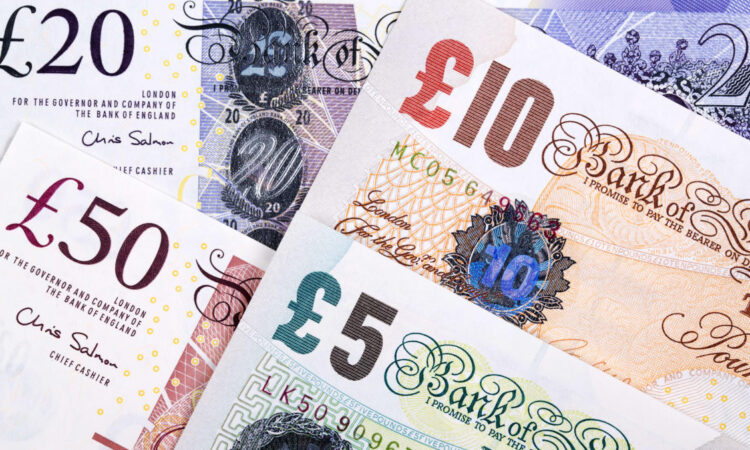
The UK political landscape has been reshaped by the Labour Party’s landslide victory in the country’s July 4 election. Rabobank head of FX strategy Jane Foley joins Catalysts to discuss the economic implications of this political shift.
Foley highlights the positive performance of the British pound sterling (6B=F), noting that it has “done well” with “great” gains following the election. She emphasizes that the pound is currently the “best performing G10 currency year to date”. However, Foley cautions that while this doesn’t necessarily signal strength, it does suggest signs of improvement in the UK’s economic outlook.
Despite Labour’s win, Foley points out that the party’s victory doesn’t necessarily reflect a surge in support. Instead, she notes a trend of voters shifting to smaller parties: “Labour hasn’t really picked up an awful lot more votes this time around.”
This vote, according to Foley, creates a higher bar for the incoming Labour Party leadership, particularly new Prime Minister Keir Starmer. “That suggests [Labour is] going to have to deliver on growth and productivity,” she tells Yahoo Finance.
For more expert insight and the latest market action, click here to watch this full episode of Catalysts.
This post was written by Angel Smith
Video Transcript
Jane, I wanted to get your take on the Labour Party win in the UK.
And the movement that we’ve seen with the British pound against the dollar of the year against the dollar as well.
What’s your take?
Well, you know, if you look at, uh, at cable Well, yeah, you know, that has done pretty well.
In fact, Sterling right now is the best performing currency over the last 24 hours or so.
The dollar, of course, is weakened by itself over the last few sessions as a market market looks ahead to the possibility of a September interest rate cut.
But Sterling has done well.
I mean, the gains that we saw today Great, they were fairly moderate.
But actually Sterling is now the best performing G 10 currency in the year to date.
And that doesn’t mean it’s a strong currency, but it does mean that it is improving really from a very low base that we had back in September 2022 when we had, you know, tronics and and the gilt market really worried about what that Prime Minister may do now.
She, Liz Truss today lost her seat and we have of course, an awful lot of headlines telling us that we had.
We’ve now got a landslide victory for the Labour Party.
Now that of course is true.
But if you dig a little bit deeper into the data, perhaps you see something not quite so encouraging for the Labour Party now in the UK, we have a first past the post system.
But Labour managed to pick up this majority of seats by only getting a very small increase in the national share of votes.
Because what it appears has happened is that voters that previously had voted for the Tory party haven’t necessarily all migrated to labour.
But they’ve gone to smaller parties instead, meaning that labour hasn’t really picked up an awful lot more votes this time around.
And that suggests it’s going to have to deliver on growth and productivity and and and people’s incomes if it really is going to win the election next time around and the euro edging higher with the next round of voting in the French election taking place this weekend as well.
What?
What are you anticipating there?
Well, you know, I think that’s a lot more interesting, perhaps than the UK election.
Now the market has been encouraged.
The euro is certainly moving up as as polls come out that the far right, the pen far right party is unlikely to win a majority.
Now, from the market’s point of view, a hung parliament is is better than a majority for the far right.
But you know, it’s very difficult to celebrate a hung parliament because if we think about France’s budget position, it’s not great.
The the budget deficit in France is is 5.5% of GDP.
Uh, Brussels has wrapped um, France on the knuckles, along with Italy and and six other EU countries, uh, earlier, well, just about two or three weeks ago for not doing enough really to to curtail their budget deficit and when you have a hung Parliament, yet you may not have the far right in enacting some of their policies, but it’s going to be tough to try and get that budget deficit.
In a lot of the far right policies, things like wanting to reduce the retirement age could be expensive.
A lot of the policies of the of the left wing alliance, which is second after the far right in this election are all so, uh, potentially going to cost France more money.
So it could be quite difficult to get that budget deficit in.
And that probably means as we go into the second half of this year, we could be increasingly worried about some of the budgetary positions of of countries such as France and maybe Italy, too.
Jane Foley, Thank you so much for taking the time here with us today.
Head of FX strategy over at Rabo Bank, Jane Foley.
Thanks.






